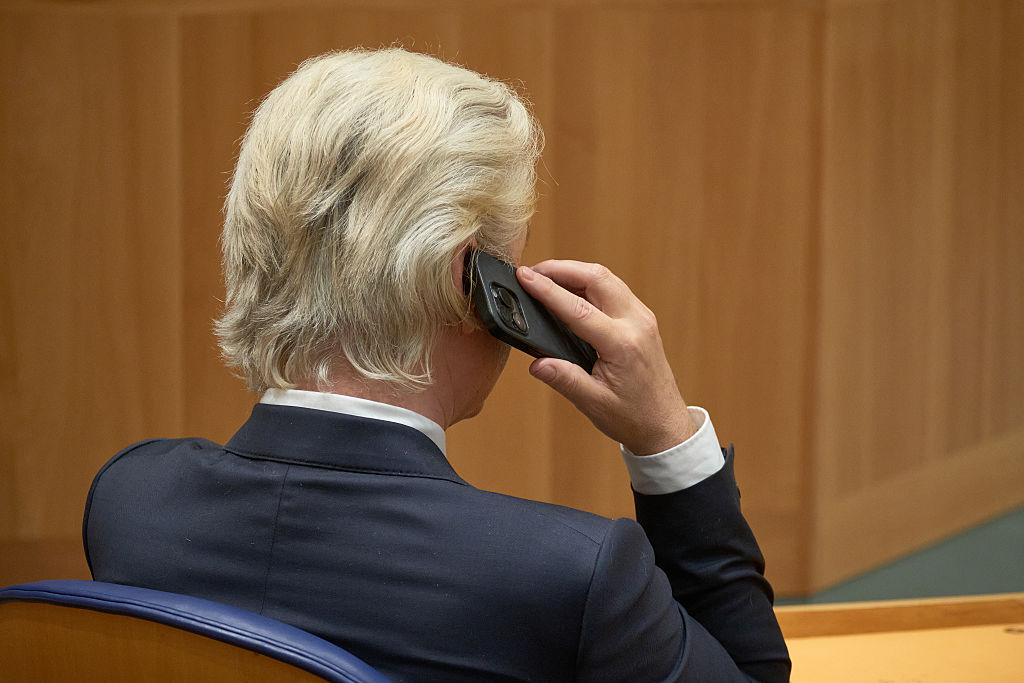The victory of Czech populist leader Andrej Babiš’ ANO party in Saturday’s elections did more than confirm the populist trend throughout Europe. It reaffirmed that this dramatic movement is actually a modern-day Peasants’ Revolt.
It doesn’t matter what country one looks at or how economically developed that nation is. Parties that are in favour with the Brussels elite always win in cities and their near-in suburbs, while those denounced as “extremists” always prevail elsewhere.
Czechia’s results fall into that clear pattern. The establishment parties — the SPOLU alliance, STAN (Mayors and Independents) and the Pirates-Green coalition — won the vote in nine of the nation’s twelve largest cities. They also carried the day in the smaller communities surrounding those places, especially outside the two largest cities, Prague and Brno.
Babiš and his prospective coalition partners, the Freedom and Direct Democracy (SPD) led alliance and the Motorists party, won only in heavily depressed cities like Ostrava and Usti and Labem. Their margins came from the thousands of rural and small-town communities where the majority of Czechs live.
This is exactly what we saw in this year’s Polish and Romanian presidential contests. Poland’s victorious populist Karol Nawrocki lost heavily in the large cities but carried the day thanks to equally large victories in communities with 20,000 or fewer residents.
Romania’s establishment-supported new president, Nicușor Dan, won all eighteen of that country’s largest cities, often with total exceeding two-thirds of the vote. His overall margin was only seven points because populist George Simion won large majorities in non-metropolitan regions and the nation’s vast diaspora.
This pattern appears in Western Europe, too. Germany’s four establishment parties (CDU/CSU, SPD, Greens, FDP) won every one of Germany’s forty largest cities outside the former East Germany in this year’s Bundestag vote. France’s populists, National Rally, did not win a single seat in the 2024 parliamentary vote in the nation’s largest cities outside of their historic base on the Mediterranean coastline.
Sharp voting differences between regions are not new. What’s new is the fact that in most countries none of the established parties have been able to convince these voters they share and represent their values and beliefs.
The classic pattern in most western democracies was that a centre-right party would marry rural concerns with those of well-off urbanites while a centre-left party would marry working-class concerns in smaller towns and cities with those of well-educated leftists.
The old parties still have their hold on the urban facets of their constituencies. They have almost uniformly lost credibility with their former allies outside major metropoles.
It’s not hard to see why upon reflection.
The 21st century consensus that Ursula von der Leyen’s coalition of centre-right, centre-left, and centre represents promised voters three things. First, globalisation would raise everyone’s economic boats as the gains from trading with poorer nations would lead to improved pay in new jobs for displaced people.
Second, globalisation would spread liberal democratic values around the world, reducing global tensions. Russia and China were supposed to become more like us as their economies intertwined with the West’s.
Third, social progressivism would bring formerly marginalised people within the West into social honour, thereby reducing internal divisions. Nationalism and traditional religion were held implicitly to be divisive forces; their supplantation with global ideals and citizenship would create harmony.
None of this happened, and the burdens for each fell most heavily on people who lived in national peripheries.
People who lived in deindustrialised places did not find their lives improving. In many cases, their lives got worse, and their communities decayed around them, producing an unhappy confluence of private and public squalor.
Non-Western nations did not become beacons of Western values as they grew richer. China has emerged as a global power explicitly grounded in anti-Western norms, while Russia shocked Europe’s elites when President Vladimir Putin decided the conquest of Ukraine was more important than continued economic ties with them.
The spread of progressive, global social values brought many into a social circle but at the expense of pushing many still adhering to the old values out of that circle. It turned out that tolerance only moved in one direction.
Educated urbanites tend to have benefitted from the economic and social changes. Their incomes have risen, and they no longer have to account for their private lives to cultural and religious elites they had long quietly resented.
They have reacted to the military upheaval by arguing for more resistance to the new reactionary powers. Having much to defend, they want their electorates to pay – in money, and perhaps in lives – for their defence.
Others see things differently. They want dignity and rising income again. They are also leerier of fighting to defend an order that has largely disregarded and disrespected them for decades.
No establishment Western party has been willing to break sufficiently with the reigning consensus to regain the trust of those voters. Parties that initially appeared to do so, such as Britain’s Conservatives in 2019 or the Netherlands’ VVD in 2017, eventually lost voter support as the promised change never happened.
Europe is thus on a rendezvous with destiny. Unwilling to make the changes needed to unite their nations, the elites and their parties are rapidly slinking into the night, replaced by populists who for now seem to represent the unhappy voters.
The only important question left in European politics, then, is how long it will take for most of the continent to be transformed by this new socio-political movement. Judging from the difficulties the French and German establishments are having with their centrist-minded coalitions, the answer seems to be: Not very long indeed.





Suffering, ignored voters want populists